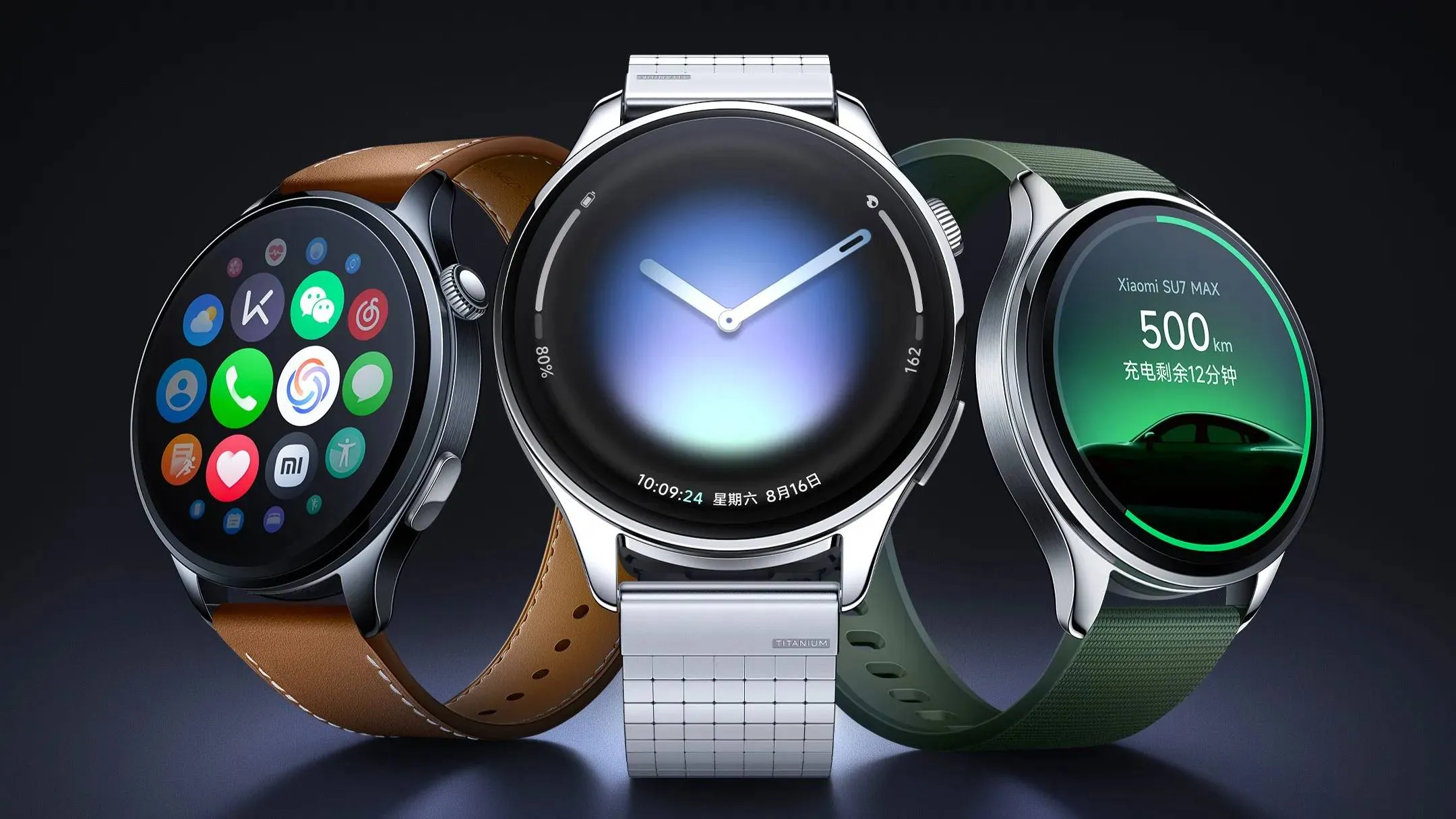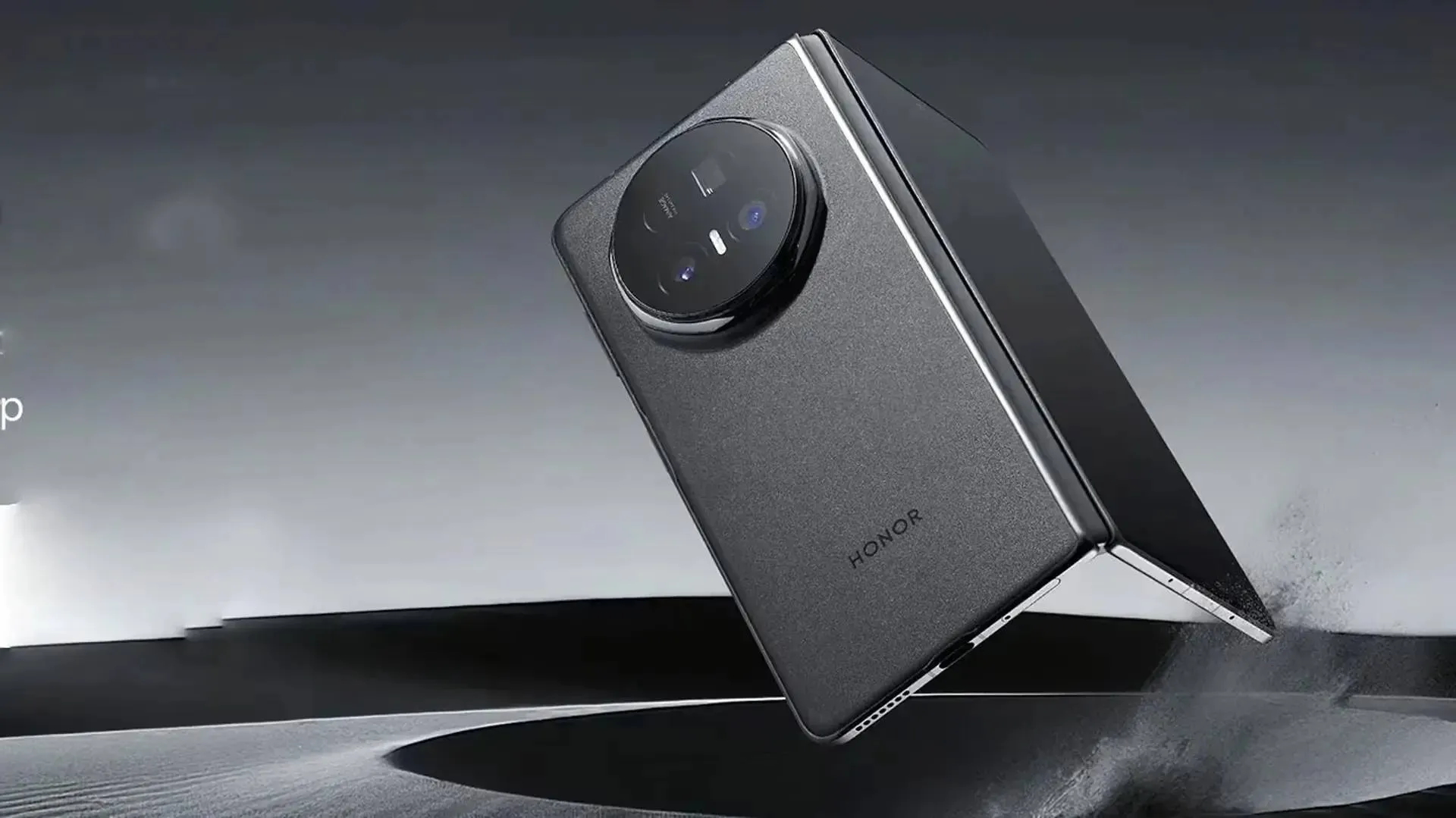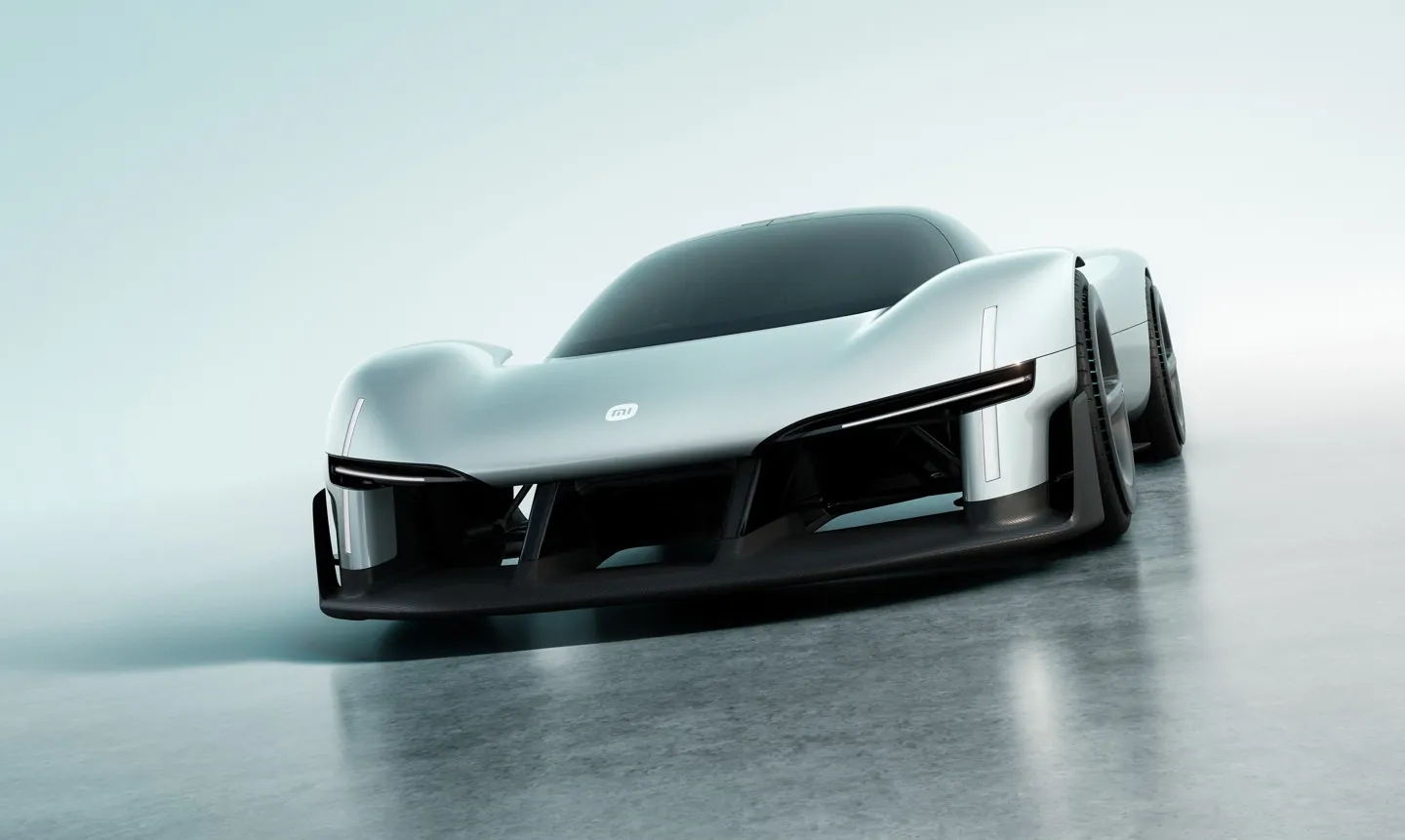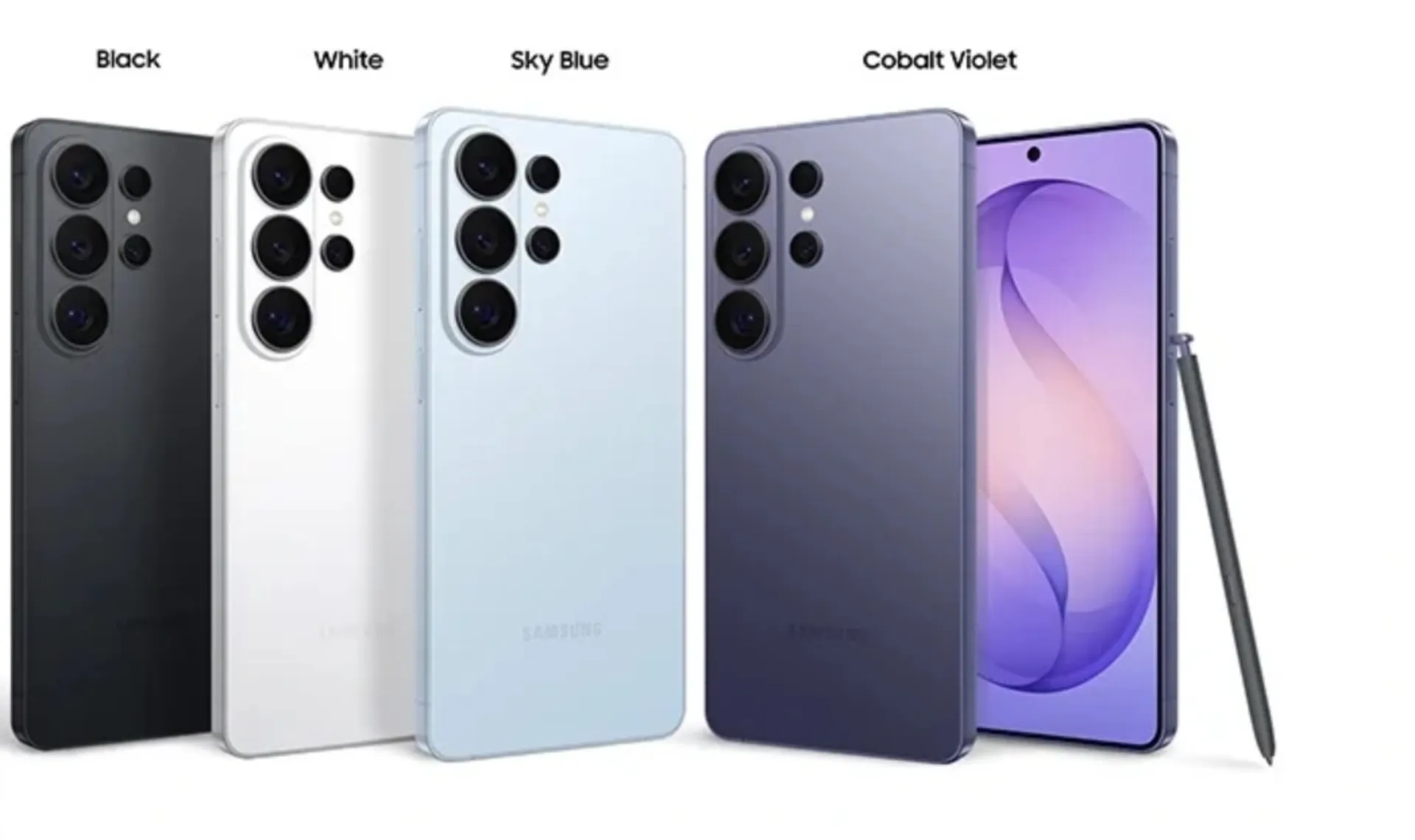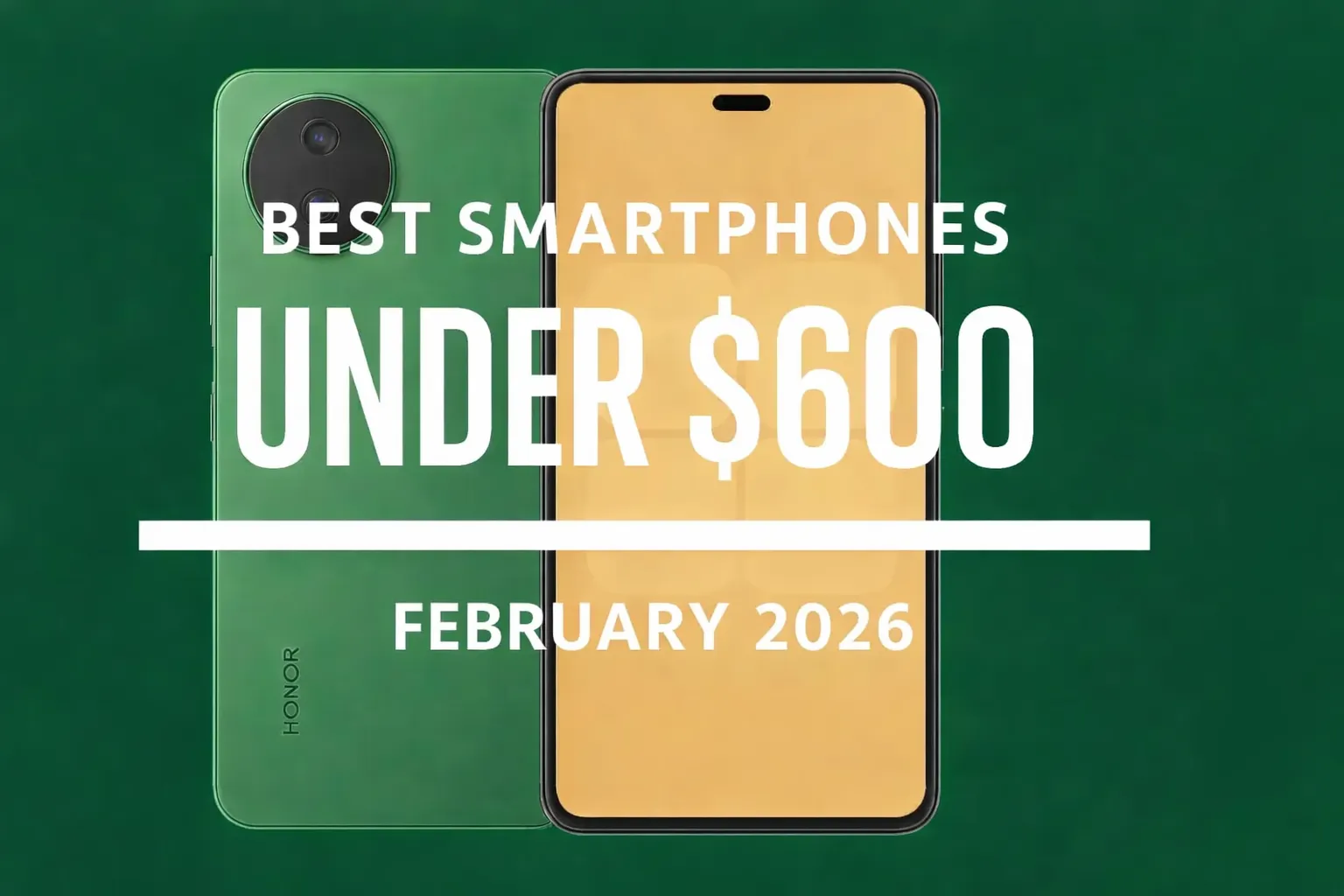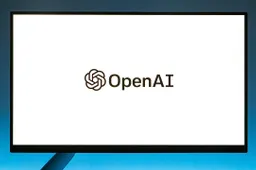U.S. court rules on the transmitting of user data from car infotainment systems - Judge says the privacy violation is potential not actual
TechMonday, 13 November 2023 at 16:31
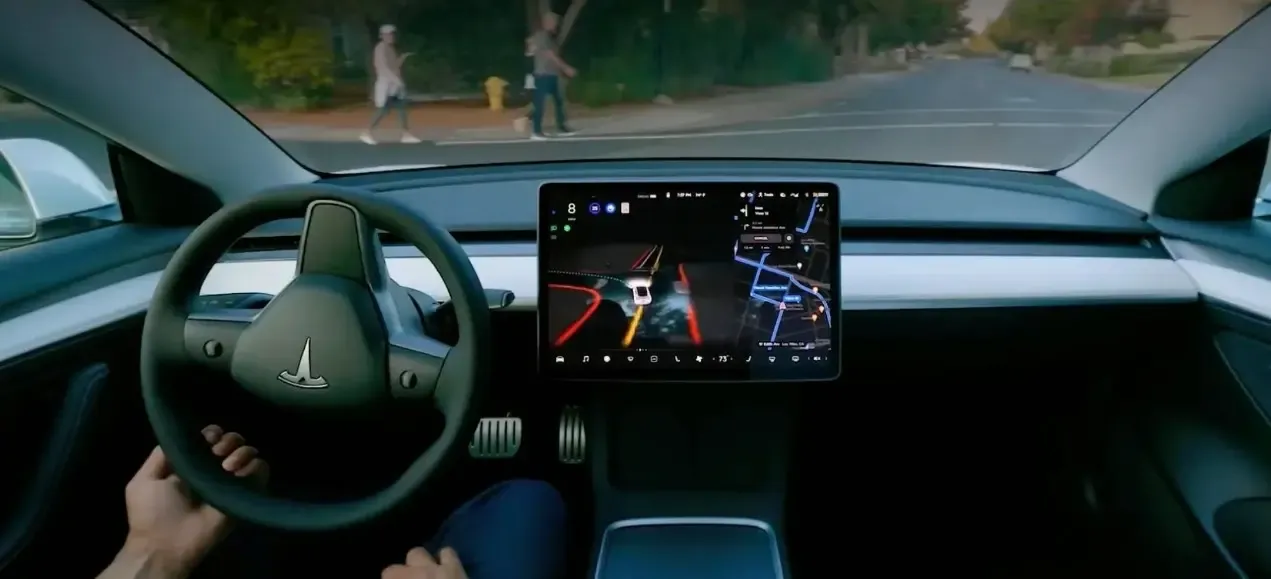
A recent court ruling in the US has determined that infotainment systems in cars can legally store and transmit text messages and call logs from users' phones, even if they have been deleted from the device. This ruling has huge implications for privacy and data protection. This means that car brands can collect and record sensitive personal data without the user's knowledge or consent. The Washington Court of Appeals ruled last week that cars such as Honda, Toyota, Volkswagen and General Motors did not violate the law by storing messages and call records from connected mobile phones. The ruling comes in response to five class-action lawsuits that were dismissed earlier this year. The appeal court also rejected requests to reopen those cases for continued probe. If you want to read the original court ruling and complaints, click here.
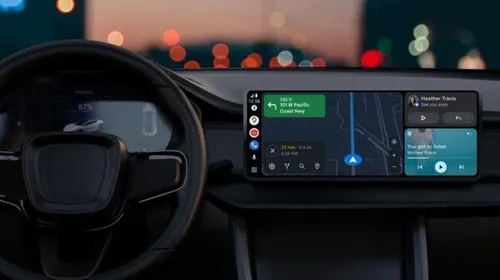
Background
The case was brought against several automakers, including Honda, Toyota, Volkswagen, General Motors, and Ford, by plaintiffs who alleged that the companies had violated Washington state's privacy laws by using vehicles' on-board infotainment systems to record and intercept customers' private text messages and mobile phone call logs. The plaintiffs argued that the infotainment systems stored each intercepted, recorded, and downloaded a copy of text messages in non-temporary computer memory in such a manner that the vehicle owner could not access it or delete it, even if the text message was deleted from the smartphone. The same goes for call logs, which the class-action complaint argued were also being intercepted and recorded.
Complaint against car infotainment systems
According to the complaint against Honda, the infotainment systems in cars produced by the company starting in 2014 "store a copy of every intercepted, recorded and downloaded text message in non-transitory computer memory so that the owner cannot access or delete it."
"Honda retains a copy of the text messages in the vehicle's onboard memory even if the text messages are deleted from the smartphone, even if the smartphone is disconnected," the plaintiffs argue. They also make the same argument for call logs.
The plaintiff points to Berra, a Maryland company that makes related equipment for Honda. They accuse the company of being "able to extract stored text messages from the infotainment system." According to the lawsuit, Berra's software was not available to the public and was intended for use by law enforcement.
“Copies of text messages and call logs stored on Honda cars could be retrieved by unauthorized users of Berra devices without the need for any passwords, fingerprints, facial images or other security measures. Thus, they bypass the measures employed by plaintiffs and class members to protect their phones,” the complaint alleges.
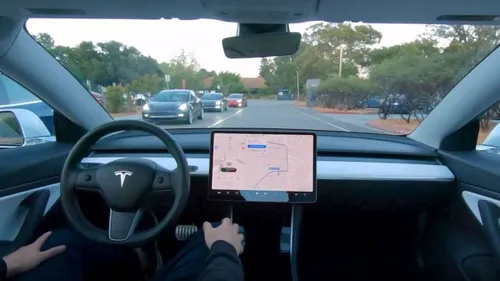
Court Ruling
The Seattle-based appellate judge ruled that the interception and recording of mobile phone activity did not meet the Washington Privacy Act's standard that a plaintiff must prove that "his or her business, his or her person, or his or her reputation" has been threatened. The judge stated that the claims were not severe enough to be considered a violation of the state's Washington Privacy Act (WPA). The ruling means that car brands can continue to collect and record users' text messages and call logs without violating privacy laws.
In other words, it is legal for cars to automatically and without authorization instantaneously intercept, record, download, store, and transmit text messages and call logs. This is because, according to the latest court ruling, the privacy invasion is potential but not harmful to the user. The harm does not have to be actual. It's unclear whether the plaintiffs in the class-action lawsuit plan to appeal further.
The court said that its ruling was based on evidence and not sentiment. The Judge ruled that the privacy violation is potential but not necessarily actual. In the ruling, the judge said that the plaintiffs were unable to prove that text messages and call logs had been used by a car brand without the user's consent. Thus, if there is no actual case of this happening, the violation is potential and it has not actually happened. The judge said that the plaintiffs did not show that "his or her business, his or her person, or his or her reputation" had been threatened. Thus, there is no basis for ruling against car brands.
Automakers speak
Automakers such as General Motors, Ford, and Toyota have stated that they take data privacy seriously. They also claim that they have implemented measures to protect user data. For example, General Motors has a privacy statement that outlines how it collects, uses, and protects user data. The statement also provides users with the option to opt out of data collection.
Ford has stated that it only collects data that is necessary for the operation of its vehicles and that it anonymizes the data before using it for research purposes. Toyota has also stated that it takes data privacy seriously and that it only collects data that is necessary for the operation of its vehicles. The company has implemented measures to protect user data, such as encryption and access controls.
Implications and Consequences for individuals and their Privacy
The court ruling has significant implications for privacy and data protection. It means that car brands can collect and record sensitive personal information without the user's knowledge or consent. This data can be accessed by law enforcement agencies, as well as potentially being vulnerable to hacking and cyber-attacks. The ruling also highlights the need for stronger privacy laws and regulations to protect users' personal data in the age of connected cars and the Internet of Things (IoT).
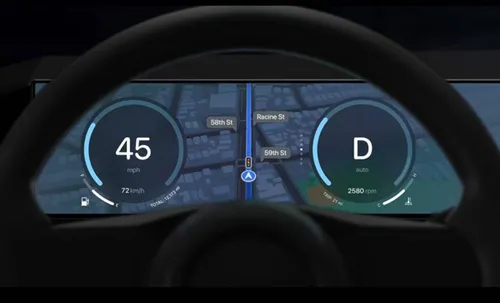
Many people do not joke with their personal data and they will do everything to protect their data. Now, there is a chance that users' call logs and messages can be used by the police and car brands. There may be consequences, maybe more than the car brand bargained for. Some people may not connect their mobile phones to their cars no matter how convenient it is. If it's compulsory to connect a phone to the car, some may just get a side phone for the car. No doubt, this ruling will make people think twice before connecting their mobile phones to their cars.
Also, car brands will have more work to do. This is because they will have to spend some money on ads convincing users that their data is safe. Cases like this will also likely spring up in other regions like the E.U. and Asian continent. However, the judgement in the U.S. has already set a pace that other regions may or may not follow.
Conclusion
The recent court rulings in the U.S. allow car infotainment systems to store and transmit users' texts and call logs. This ruling has huge implications for privacy and data protection. It means that car brands can legally collect and record sensitive personal data. The brand does not even need the user's consent and this can be done without the users knowledge. The ruling highlights the need for stronger privacy laws and regulations. These would help to protect users' personal information in the age of connected cars and the Internet of Things (IoT).
Loading
